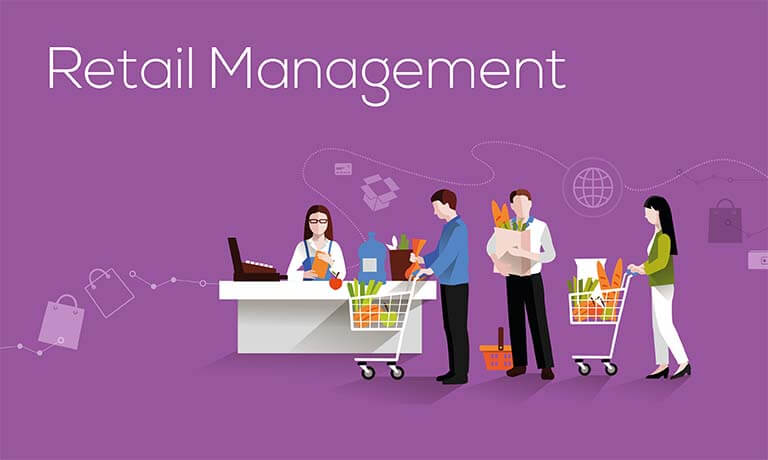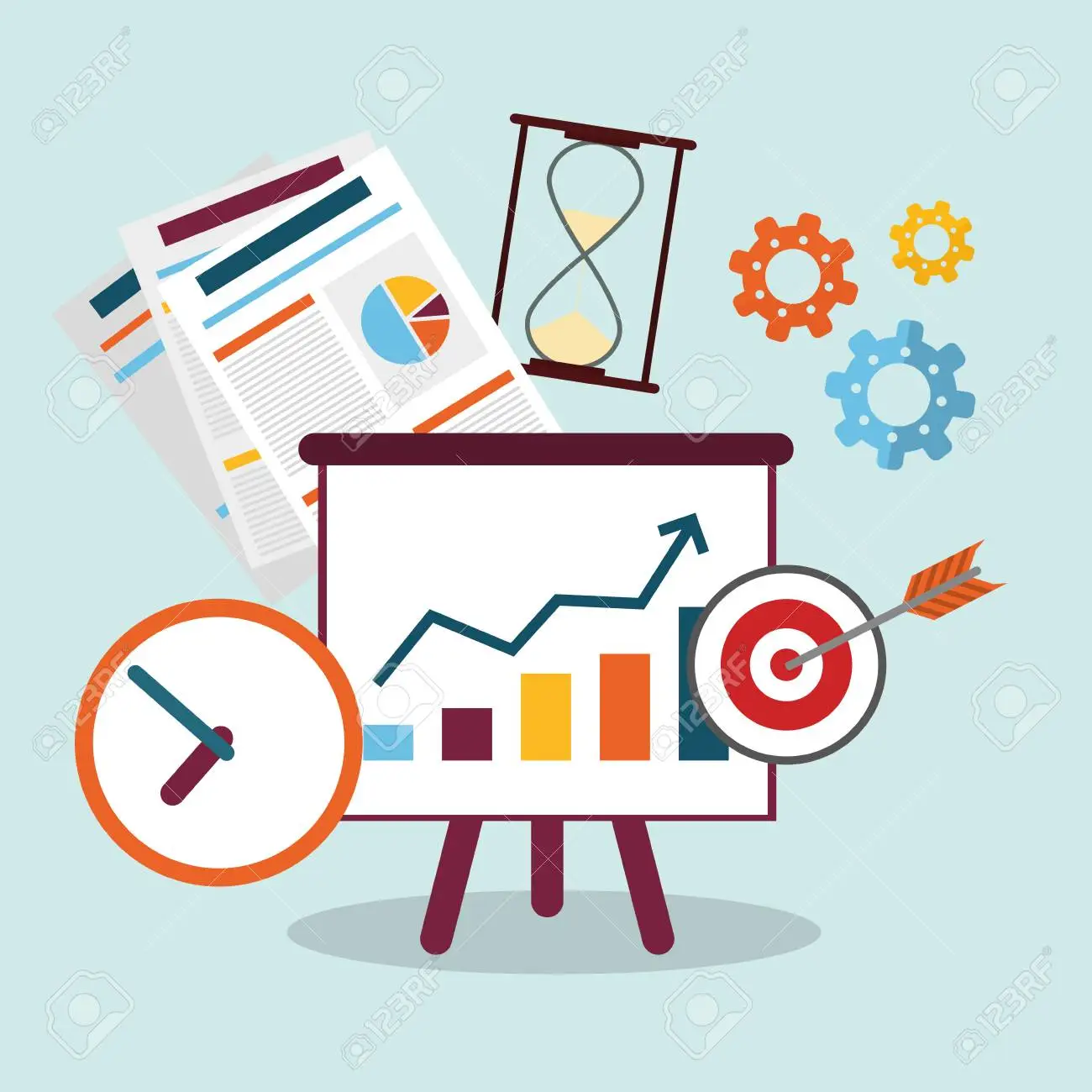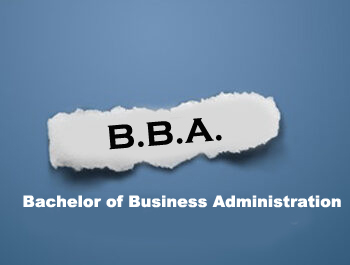Mon-Sat 9am-7pm








Spa management is the concept of gaining expertise in spa treatments and knowing how to run a spa. Those who become spa managers are typically passionate about the spa industry. They enjoy working with people, and they are comfortable directing the work of others. Spa managers must have strong leadership skills and must be willing to take responsibility for the success or failure of the business they operate. They manage the entire activities of a spa ranging from managing the finances to checking the operations.

Depending on the size of the facility, they may be in charge of all or some of the following duties: supervising cleaning crew, creating and managing employee schedules, managing the inventory products and supplies, handling accounting, as well as attending to the majority of customer requests and complaints.
Additionally, the spa manager oversees and stimulates the sale of spa products, prepares expense reports, and implements sales and marketing strategies. Successful spa management careers require good business and administrative skills combined with customer service skills, sales skills, articulate communication, leadership skills, the ability to work in an often fast-paced environment, and a positive attitude.
How to Pursue a Career in Spa Management
|
Stream |
Graduation |
After Graduation |
After Post Graduation |
|
|
Path1 |
Clear class XII with any stream |
Pursue UG or diploma program in spa management |
Pursue any specialization/certificate program in spa/Hotel management |
- |
Important Facts
Leading Institutes
Top Spa Management Institutes in India
|
College |
Location |
Website |
|---|---|---|
|
Ananda Spa Institute |
Hyderabad |
|
|
Orient Spa Academy |
Rajasthan and Ahmedabad |
|
|
Global academy of professional studies |
Chandigarh |
|
|
Ispaa International Spa Academy |
Kerala |
|
|
School of Wellness |
Thiruvananthapuram |
|
|
ISAS International Beauty School |
Koregoan Park, Pune |
|
|
IISRM (Indian Institute of Spa Research and Management) |
Thiruvananthapuram |
Top Spa Management Institutes in the World
|
Institution |
Location |
Website |
|---|---|---|
|
University of Derby |
UK |
www.derby.ac.uk/courses/postgraduate/international-spa-management-msc |
|
University of Birmingham |
UK |
|
|
Algonquin college |
Canada |
www.algonquincollege.com/hospitalityandtourism/program/spa-management |
|
American college of healthcare studies |
USA |
|
|
UCI |
USA |
www.ce.uci.edu/areas/business_mgmt/mgmt_supervisory_skills/spa |
Career Opportunities in Spa Management
Call us at +91 9205084085, Monday - Friday, 9 am - 7 pm


